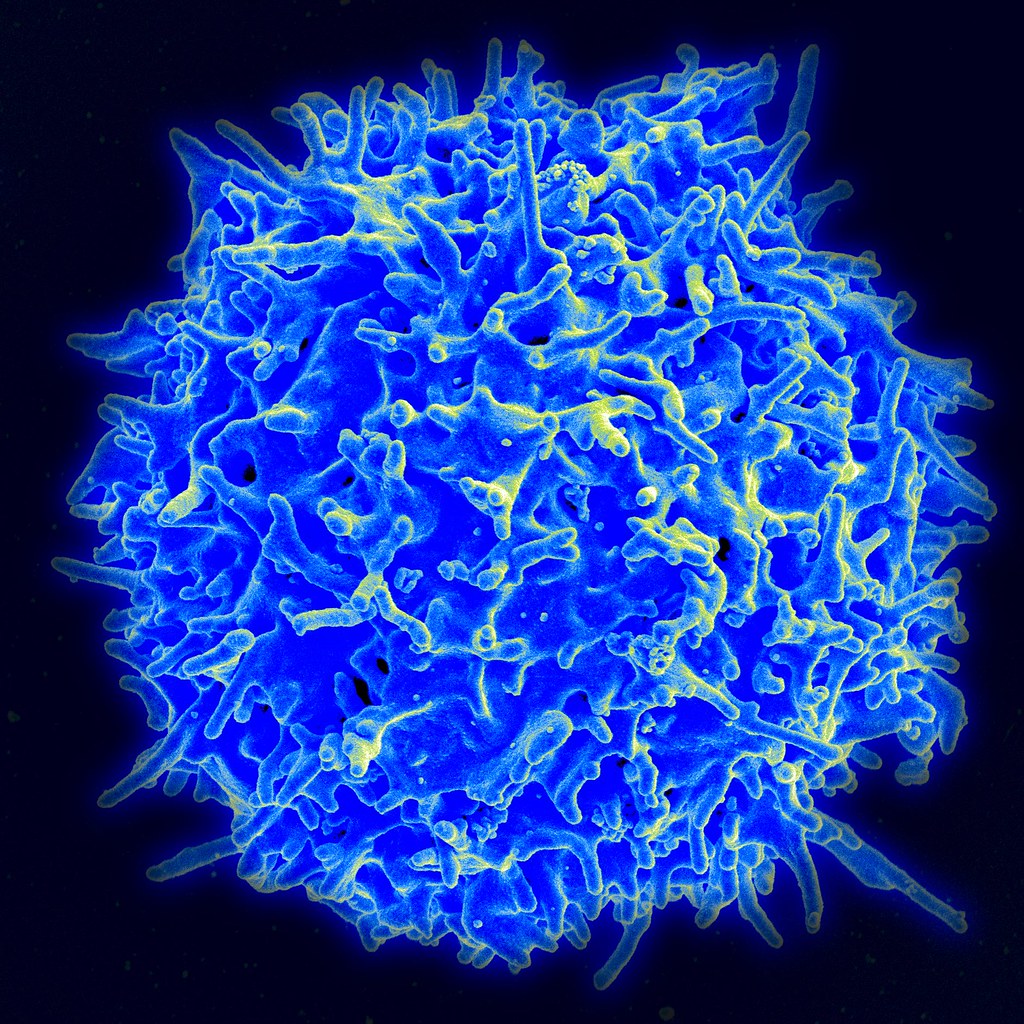In the realm of social media, a new archetype has emerged, one that intertwines the complexities of motherhood with the allure of alcohol as a panacea for stress: the ‘wine mom.’ This cultural phenomenon, proliferating through hashtags and humorous memes, has become a staple of online communities, particularly on platforms like Instagram and Facebook. But what lies beneath the surface of these seemingly innocuous portrayals?
A recent study published in the journal Psychology of Popular Media has shed light on the potential consequences of this trend, suggesting that it may be shaping social norms around alcohol consumption among mothers in ways that could encourage risky drinking behaviors.
The study, spearheaded by Emily Lorenz, a doctoral candidate and graduate instructor at the University of Missouri, delves into the heart of the wine mom culture. Lorenz, driven by her dual roles as a mother and a scholar, was intrigued by the omnipresent social media discourse that humorously suggests alcohol is a necessary tool for coping with the trials of motherhood. Her research aimed to uncover the effects of this messaging on mothers’ attitudes towards alcohol and their health outcomes. With increased alcohol consumption linked to a heightened risk of physical and mental health disorders, the implications of her findings are significant.
Lorenz’s study involved an online experiment with 330 mothers, recruited through social media and mom-oriented groups. These participants were randomly assigned to one of three conditions: exposure to ‘wine mom’ content, ‘sober mom’ content, or neutral nature-themed motherhood content. The content for the ‘wine mom’ and ‘sober mom’ conditions was sourced using respective hashtags, ensuring a balanced mix of text and image-based posts. After viewing the posts, participants responded to questions designed to measure their social comparison orientation, previous exposure to alcohol messaging, drinking identity, and current norms around alcohol.

The findings were telling. Mothers exposed to ‘wine mom’ content reported stronger beliefs that their social circle expects and approves of drinking as part of motherhood. This was particularly true for those who had regularly encountered wine mom messaging prior to the study. Moreover, the research revealed that previous exposure to wine mom culture through television influenced mothers’ perceptions of how common drinking is among their peers. Those with limited prior exposure believed that excessive drinking was less common among mothers, suggesting that without prior normalization from television, the experimental exposure alone did not significantly alter beliefs about the prevalence of drinking.
Lorenz’s research also highlighted the role of social comparison orientation in shaping normative beliefs about alcohol. Mothers prone to comparing themselves to others perceived drinking as more common, regardless of the experimental condition. This was especially pronounced in the control group, indicating that individuals with high social comparison tendencies might assume certain behaviors, like drinking, are more widespread than they actually are, independent of media content.

Interestingly, the study found that drinking identity did not significantly influence either injunctive or descriptive norms. This suggests that for many mothers, drinking may not be a core aspect of their identity, overshadowed by other facets related to motherhood. It implies that even if a mother drinks, this behavior might not be a defining characteristic of her identity, and thus, less influential in shaping her normative beliefs about alcohol consumption.
Lorenz emphasizes the importance of being aware of the potential influence of ‘wine mom’ content on social media. She points out that while bonding over alcohol can foster community among mothers and challenge traditional expectations of motherhood, it can also promote risky drinking behavior. Health practitioners and support systems should take note, as alcohol use among women, including mothers, is on the rise.
The long-term goals of Lorenz’s research are to promote positive health outcomes and highlight the support needs for mothers beyond alcohol as a solution. She plans to further explore the relationship between stress, wine mom messaging, and alcohol use. The study, ‘Wine Mom Culture: Investigating Social Media Influence on Mothers’ Alcohol Norms,’ co-authored with Elizabeth Behm-Morawitz, serves as a critical examination of a pervasive social media trend and its potential impact on maternal health and social norms.
Related posts:
New psychology research sheds light on the dark side of “wine mom” culture
Psychologists research ‘wine mom’ culture
Rethinking Wine-The Shift From Mommy Wine Culture to Mindful Sobriety




